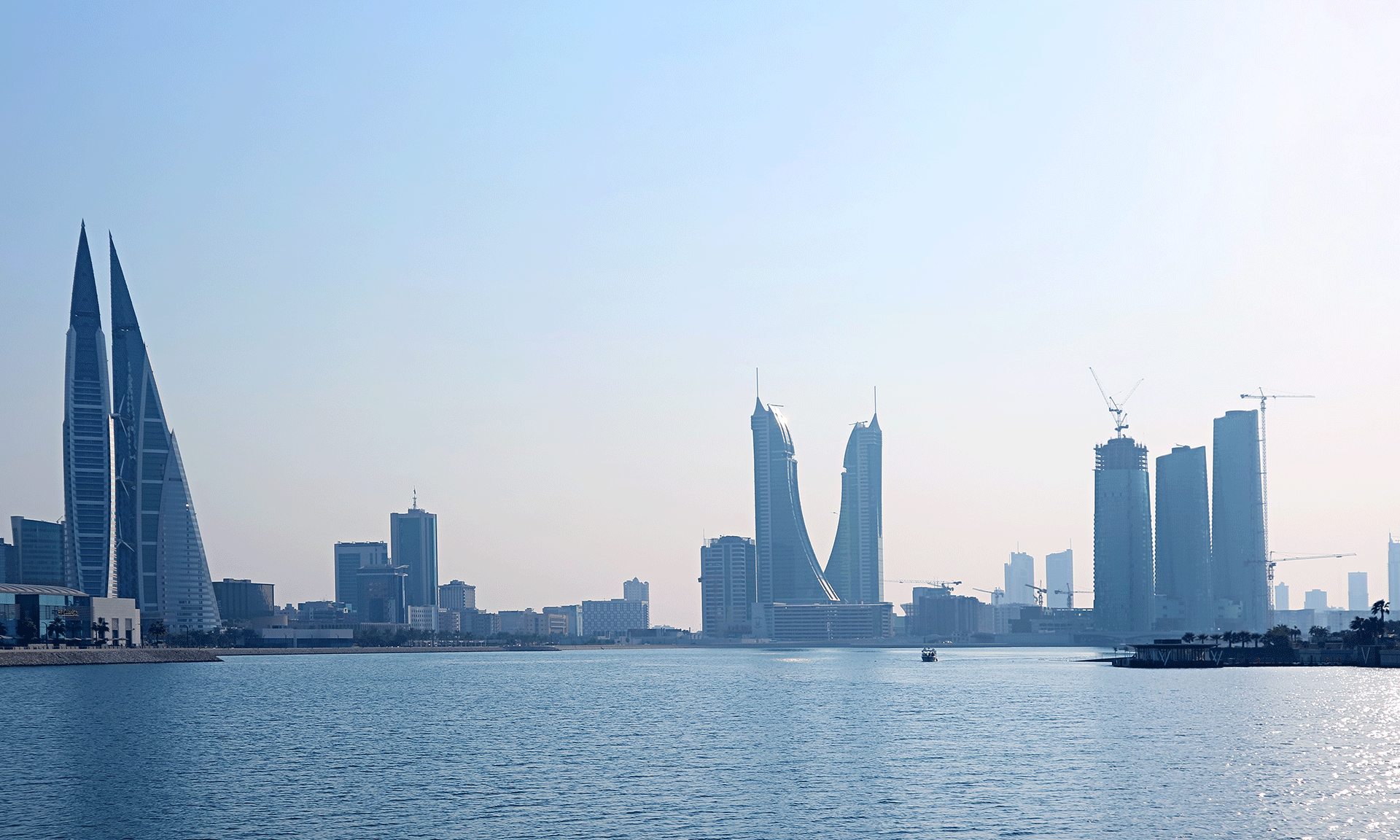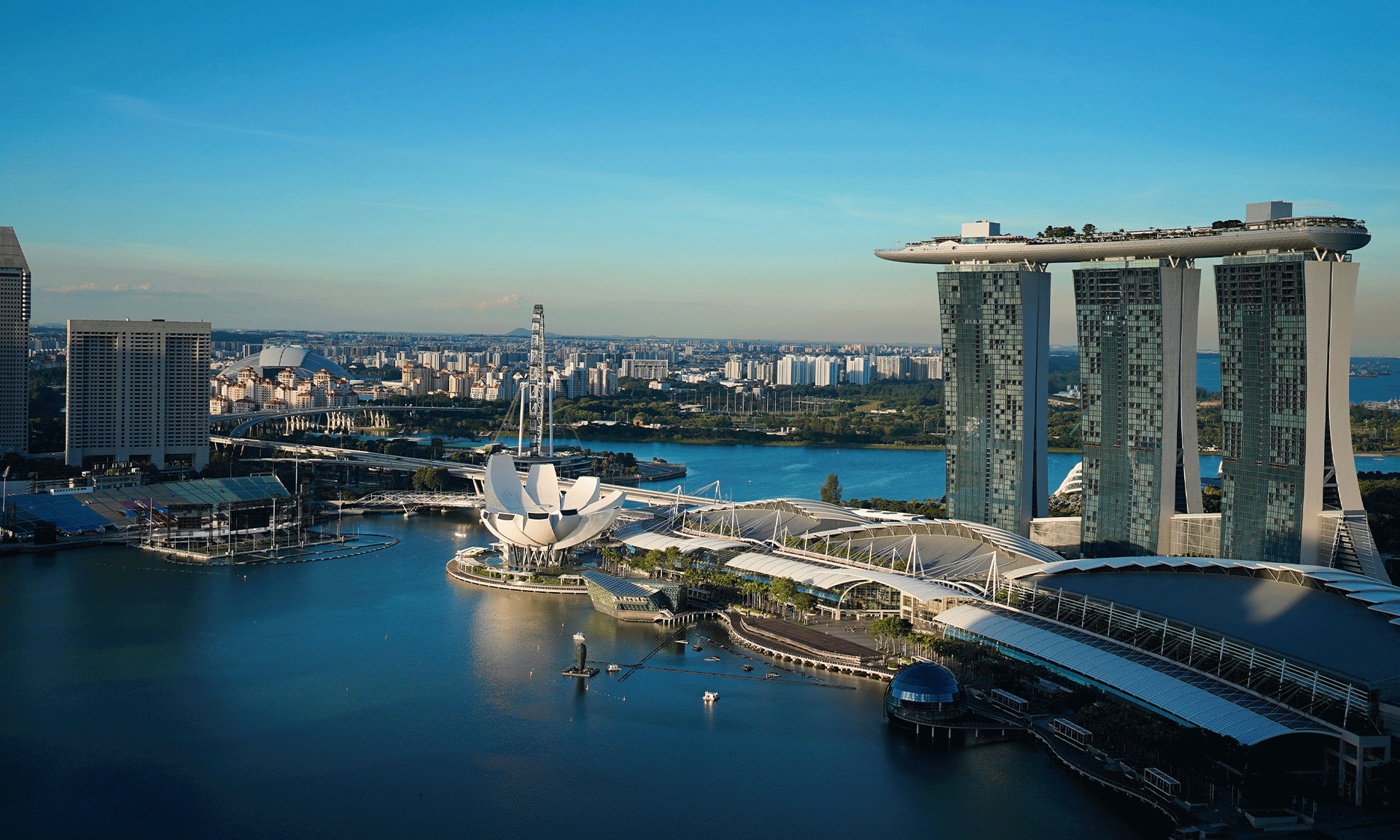Almost after a year of VAT implementation, too many businesses and organizations in the UAE and Saudi Arabia still require assistance in setting up their tax treatment accurately, while enterprises in Bahrain would require being VAT-compliant from 1 January 2019.
The United Arab Emirates (UAE) and Kingdom of Saudi Arabia (KSA) have been first of the six Gulf Cooperation Council (GCC) member states who introduced VAT at a rate of 5% in January 2018. It’s been a year and there are still so many companies who are struggling to be compliant.
So, what were the reasons that these companies tripped in the UAE and Saudi Arabia? What could be the challenges for those functioning in Bahrain starting from January?
We have collated the top five key lessons that companies across the Gulf could go through while the VAT rollout process continues. In case you need help in VAT implementation in GCC, complying with VAT rules, or finding VAT consultants in Dubai, just get in touch with us.
1. Linking and validation is still a work-in-progress
Organizations have had issues while linking their tax registration number and also customs registration numbers to official systems so as to conclude and submit their final VAT return, for no fault or miss from their side.
As per the GCC’s VAT agreement, the VAT payable on imported goods in member states should be paid right at the first point of entry and is then transferred to the last destination state in the framework of the GCC Customs Union. But in practical sense, every member state has to build its own electronic tax system and then link it with the GCC tax information centre which operates through a central website. As all the GCC states have still not implemented VAT, the unified GCC tax information ‘hub’ is not connected to each local tax system yet. Provisionally, the UAE and KSA are considering the transactions between them as outside of the GCC.
Till such time when all the six GCC states bring in VAT, various transitional rules will remain in play and there would be a lot of local tax complexity. There is an impact on business, for example, in the ‘use and enjoyment rules’ as all the member states are considered as ‘non-GCC’ – which impacts the cashflow.
After the remaining four GCC states also announce VAT, businesses will have to readjust their tax treatment especially for inter-GCC transactions while complying with the unified GCC VAT agreement.
2. Know about your VAT from the accounting requirements
In the UAE and KSA, there have been confusions between VAT reporting requirements and the accounting rules.
Irrespective of the date of the sales invoice, the VAT liability is calculated based on the time period in which the related payment is given, or the products/services are delivered. The organization’s ERP systems should be checked accordingly to make sure that the charging VAT is correctly adopted.
3. Different tax treatments in different zones
There are different tax treatments in the UAE in various designated zones (DZs or free zones) and also in mainland entities. DZs are especially designed to give incentives to enterprises and be the tax-free zones for goods. They are thus outside of the UAE for the purposes of VAT.
This, however, does not mean that any business set up as a DZ or free zone entity will be exempt from VAT. It completely depends on how their business activities are managed inside the zone.
4. Consistent reporting is critical
The Emirate-level reporting guidelines are applied variably in the UAE, because of which some businesses at times wrongly account for VAT on the sales they make, based on where their customers are located. It is advised to work with local tax experts to make sure that you’re reporting as per the accurate requirements.
Companies could face administrative penalties if they violate the VAT law, like missing the payment of VAT or filing deadlines. The VAT return has to be filed with the tax authority before 28th (in the UAE) or before the last day (in KSA) of each month after the end of the tax period.
5. Business versus personal expenses
Some expenses undertaken for a business can be input as VAT recoverable; however, they should have been used for making taxable supplies (standard-rated or zero-rated). The input tax cannot be recovered if the company provides exempt supplies which are non-taxable.
The VAT law also has a Capital Assets Scheme which enables to recover the input tax paid while acquiring new assets. The initially-recovered input tax is finally adjusted based on the actual usage during a particular period.























